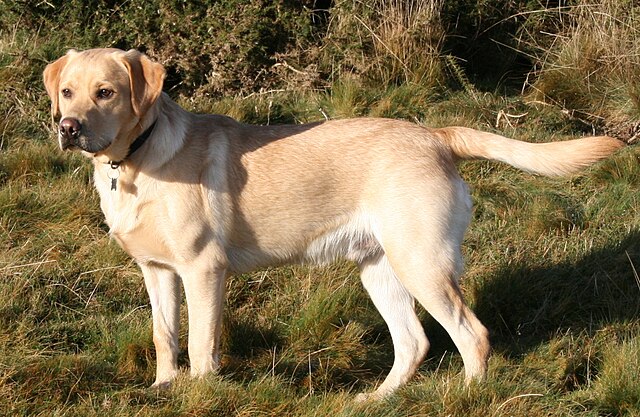Learn whether cheddar cheese is OK for dogs to eat, including risks, benefits, and how much to feed safely. Plus, tips on buying quality cheese online for dogs. Cheddar cheese It’s one of life’s simple pleasures. Who doesn’t love a good, sharp cheddar?
As a dog owner, you might have wondered if you can share a bite of your sandwich or cracker appetizer with your pooch.
Cheese is part of a healthy, balanced diet for humans. But what about dogs? Is cheddar cheese OK for dogs to eat?
The short answer is yes, cheddar cheese can be a great treat for dogs in moderation. Hard cheeses like cheddar have lower lactose and fat content than other dairy products. This makes it easier for dogs to digest.
Keep reading to learn more about the benefits, risks, and feeding guidelines for cheddar and dogs. And after reading my article you can buy pet care products online.
Benefits of Cheddar for Dogs
Cheddar cheese offers several nutritional benefits for dogs:
- Protein – Cheese contains high-quality animal protein, which provides dogs with essential amino acids for building and maintaining muscle.
- Calcium – Cheddar is a good source of calcium and phosphorus, which are important minerals for bone health.
- Healthy fats – Cheese contains heart-healthy unsaturated fatty acids that support skin and coat health in dogs.
- Vitamins A, B12, D, and K – These fat-soluble vitamins support immune function, eyesight, metabolism, and more in dogs.
Besides nutrition, the savory taste and texture make cheese an appealing treat for dogs. The crunch and salty flavor are irresistible to our canine companions!
Potential Risks of Feeding Dogs Cheddar
However, there are some potential downsides to keep in mind:
- Weight gain – Cheese is high in fat. Too much can lead to obesity in dogs.
- Gastrointestinal issues – Some dogs may have difficulty digesting dairy. Cheese could cause gas, bloating, diarrhea, or vomiting.
- Allergies – Dogs may be allergic to milk/dairy proteins or preservatives found in some cheeses.
- Salt toxicity – Excessive salt intake can cause sodium poisoning in dogs.
- Choking hazard – Feeding cheese cubes or chunks poses a choking risk for aggressive chewers.
To prevent these issues, portion control and buying quality cheese is key. Let’s discuss safe serving guidelines next.

Feeding Guidelines: How Much Cheddar Can Dogs Eat? When feeding cheddar or any human food, moderation is important. Here are some general dosage guidelines based on your dog’s size:
- Small dogs: No more than 1 teaspoon per day
- Medium dogs: Around 1 tablespoon daily
- Large dogs: 1-2 tablespoons max per day
I recommend starting with just a bite or two to see how your individual dog handles cheese. Stop feeding if you notice any signs of gastric distress or allergic reaction. For safety, cut cheese into small pieces rather than feeding large chunks. Opt for low-fat versions. And avoid feeding cheese every day to prevent weight gain. Cheese should be no more than 10% of your dog’s total daily calories.
Try mixing a spoonful of grated cheddar into your dog’s regular kibble as a special topper. Or offer cubed cheese as an occasional training treat. Just be sure to account for the extra calories.Tips for Buying Quality Cheese for Dogs
When selecting cheese to share with your dog, opt for natural brands without artificial preservatives.Here are some tips for picking the healthiest options:- Choose organic, raw, or pasteurized cheeses. Avoid highly processed cheese spreads and singles.Check the ingredients list. Steer clear of added salt, sugars, and artificial flavors.Look for cheese made from whole milk, not skim or low-fat milk. The extra fat will make it tastier and more digestible for dogs. Purchase small blocks or pre-cut cubes so it’s easier to control portion sizes.Avoid moldy, spoiled, or spoiled cheese. This could cause food poisoning in dogs.


